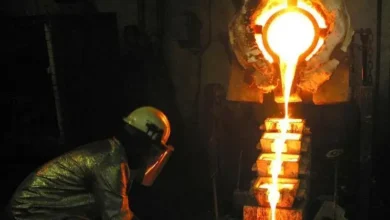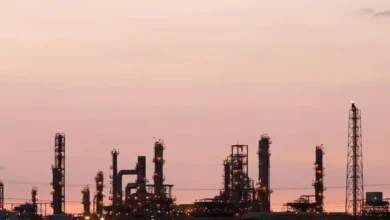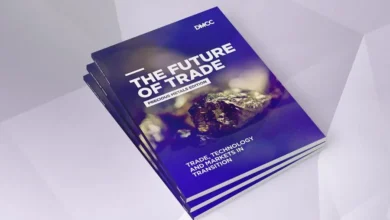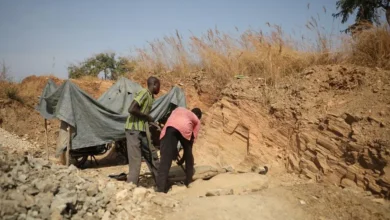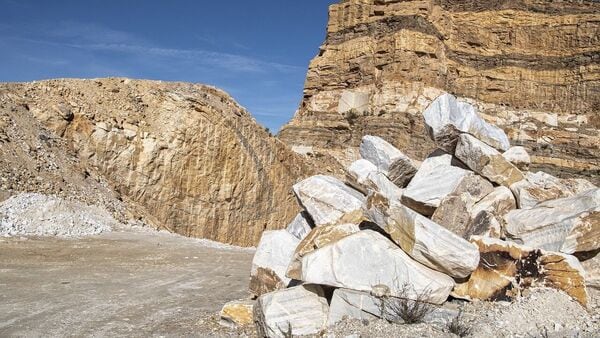
India’s largest international oil and gas exploration company, ONGC Videsh Ltd (OVL), along with Oil India Ltd (OIL) and Khanij Bidesh India (Kabil), signed a memorandum of understanding (MoU) on Tuesday with United Arab Emirates-based International Resources Holding RSC Ltd (IRH), according to a statement from Oil and Natural Gas Corp. Ltd (ONGC).
The partnership aims to collaborate on the acquisition and development of critical mineral projects globally.
Mint Poll
Is investing in Indian unicorns a good strategy for high returns?Yes, they have high growth potentialNo, they come with significant risksSubmit Answer
The MoU focuses on identifying, acquiring, and developing critical mineral projects worldwide, including within India. This initiative comes at a time when China has secured a dominant position in the critical minerals ecosystem.
India’s collaboration efforts align with its recently launched Critical Minerals Mission, which aims to boost domestic production, recycling, and overseas acquisition of these essential resources.
In June 2023, the mines ministry published a list of 30 minerals deemed critical to India’s economy. These include antimony, beryllium, bismuth, cadmium, cobalt, copper, gallium, germanium, graphite, hafnium, indium, lithium, molybdenum, niobium, nickel, PGE, phosphorus, potash, rare earth elements (REE), rhenium, selenium, silicon, strontium, tantalum, tellurium, tin, titanium, tungsten, vanadium, and zirconium. The rare earth elements listed include neodymium, praseodymium, dysprosium, europium, yttrium, and terbium.
All Indian companies involved are state-run enterprises. OVL, a subsidiary of India’s largest oil producer Oil and Natural Gas Corp. Ltd (ONGC), is joined by Kabil, a joint venture created in 2019 by National Aluminium Co. Ltd (NALCO), Hindustan Copper Ltd (HCL), and Mineral Exploration Co. Ltd (MECL). Kabil was established to identify and secure international critical mineral assets to enhance India’s mineral security.
The MoU outlines plans for project identification, joint due diligence, risk management, and the development of a long-term offtake strategy to establish a critical mineral supply chain, according to the statement.
This agreement is especially important as critical minerals like lithium, cobalt, and molybdenum play a pivotal role in manufacturing energy storage systems and stabilizing advanced battery cells. These minerals are also crucial for the renewable energy sector, being integral to technologies such as electric vehicles and wind turbines.
The MoU is part of a broader strategy by the Indian government to secure critical minerals for its ambition to achieve net-zero carbon emissions by 2070. For instance, India signed a similar agreement with Australia in 2020 to collaborate on the mining and processing of critical minerals. That agreement was renewed in 2022.
India is also engaging with countries rich in these minerals, including Australia and several Latin American nations.
“So far, engagements are underway with select source countries such as Australia, Argentina, Bolivia, Chile etc. which are endowed with the cited critical and strategic minerals specifically lithium and cobalt in hard rock formations as in Australia and Lithium as brine in the huge tract of SALARs as in Latin American countries,” a 2022 government press release had said.
IRH, a subsidiary of International Holding Co. (IHC), holds stakes in various significant mining assets. Earlier this year, IRH attempted to purchase a majority stake in Zambia’s Konkola Copper Mine, currently owned by Indian billionaire Anil Agarwal’s Vedanta. However, IRH withdrew from its billion-dollar bid in July.

